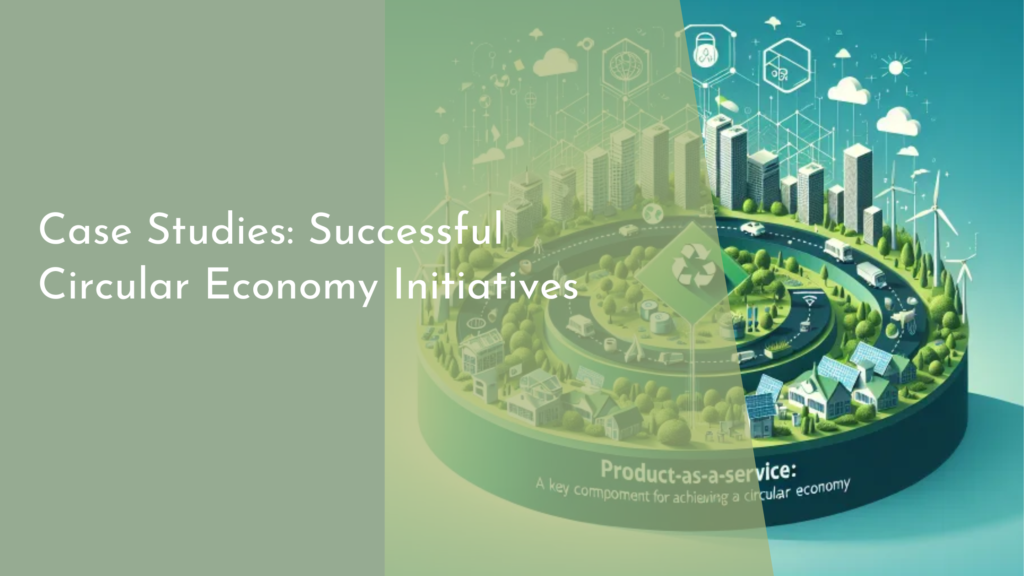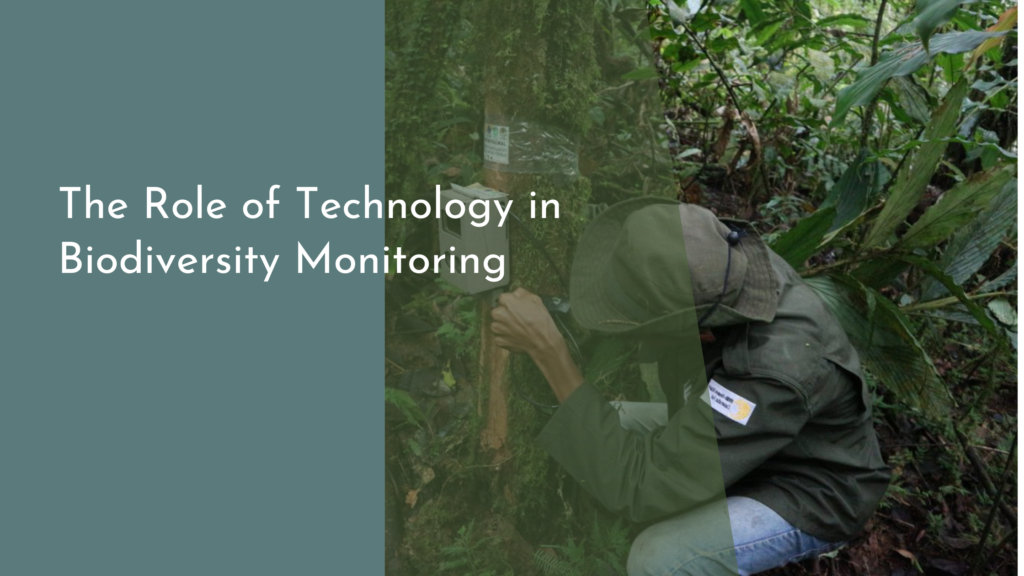Rainwater Collection for Emergency Relief in Conflict Zones
In conflict zones around the world, access to clean water is often severely compromised, straining the resources of communities already facing myriad challenges. Amidst the chaos, rainwater collection has emerged as a sustainable and efficient solution to provide much-needed relief. By harnessing this abundant natural resource, communities can build resilience against ongoing uncertainties. This article explores how rainwater harvesting not only alleviates immediate water scarcity but also empowers residents to take control of their circumstances, fostering hope in the most tumultuous environments.
Harnessing Nature: Rainwater as a Lifeline in Conflict Zones
Rainwater is a precious resource that offers a lifeline to communities in conflict zones, where traditional water supply systems may be disrupted or entirely destroyed. With rain falling abundantly in many regions, capturing and storing it becomes a viable solution for water scarcity. Rainwater harvesting systems can be implemented quickly and inexpensively, allowing communities to utilize the natural precipitation to meet their daily needs. This approach not only ensures access to clean water but also reduces reliance on external aid, providing a sense of autonomy in unstable situations.
Moreover, rainwater collection systems can be tailored to the specific needs of a community, enhancing their adaptability in diverse environmental conditions. These systems can range from simple barrel setups to more complex underground cisterns, ensuring that communities maximize their water capture throughout the rainy season. As families gather water together, they not only secure their immediate needs but also foster a spirit of cooperation and solidarity, reinforcing social bonds that can be crucial for resilience in times of crisis.
Building Resilience: How Rainwater Systems Aid Communities
The implementation of rainwater harvesting systems significantly contributes to building resilience in conflict-affected communities. By providing a reliable source of water, these systems diminish the dependency on potentially unsafe water sources, significantly reducing the risk of waterborne diseases that can thrive in chaotic environments. Clean water is essential for health, hygiene, and sanitation, and by ensuring access to it, communities can lower their vulnerability to diseases and improve overall well-being.
Additionally, the integration of rainwater collection into community infrastructure encourages local empowerment and resource management. Training programs can be established to teach community members how to construct, maintain, and optimize these systems, thereby creating jobs and fostering a sense of ownership. Communities equipped with knowledge and skills can not only secure water for themselves but can also share this vital information with neighboring areas, thereby expanding the benefits of rainwater harvesting and creating a network of resilience and support across the region.
Simple Solutions: Setting Up Rainwater Collection Systems
Setting up a rainwater collection system does not require extensive technology or resources, making it an accessible solution for many communities. The basic components include a catchment area, such as a roof or other surface, a conveyance system like gutters, and a storage tank to hold the collected rainwater. With minimal investment, families can start by using barrels or tanks to gather rainwater from their roofs, ensuring that even those with limited means can take advantage of this resource.
Community organizations and NGOs can play a pivotal role in facilitating the establishment of these systems. They can provide essential training and support, helping communities understand the best practices for construction and maintenance. By using locally available materials and skills, these initiatives not only promote sustainable practices but also contribute to economic growth within the community. As awareness grows around the benefits of rainwater harvesting, its adoption can spread rapidly, transforming the way communities perceive and utilize water resources.
Hope in Crisis: Empowering Lives with Rainwater Harvesting
The ability to collect rainwater is more than just a technical solution; it represents hope and empowerment for communities in conflict zones. By providing a reliable source of clean water, rainwater harvesting instills a sense of agency among residents, encouraging them to take initiative and tackle the challenges they face. When communities can secure their water supply, they can turn their focus toward rebuilding their lives, whether that means improving health conditions, cultivating gardens, or even starting small businesses.
Furthermore, the successful implementation of rainwater systems can inspire other initiatives and innovations within a community. As residents see the immediate benefits of having access to fresh water, they may be motivated to explore additional sustainable practices, such as water conservation, improved sanitation, and food security measures. In this way, rainwater collection becomes a catalyst for broader community development, promoting a culture of resilience and sustainability that can endure even in the direst of circumstances.
In conclusion, rainwater collection serves as a vital resource for communities in conflict zones, providing both immediate relief and long-term resilience. By harnessing nature’s bounty, these systems not only address water scarcity but also promote empowerment and community cohesion. As more individuals and organizations recognize the potential of rainwater harvesting, the hope for a brighter, water-secure future continues to grow. With simple yet effective solutions, communities can transform their challenges into opportunities, paving the way for a sustainable and thriving existence amidst adversity.


